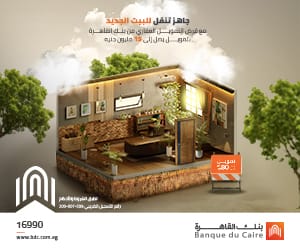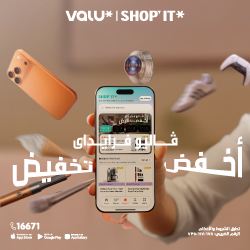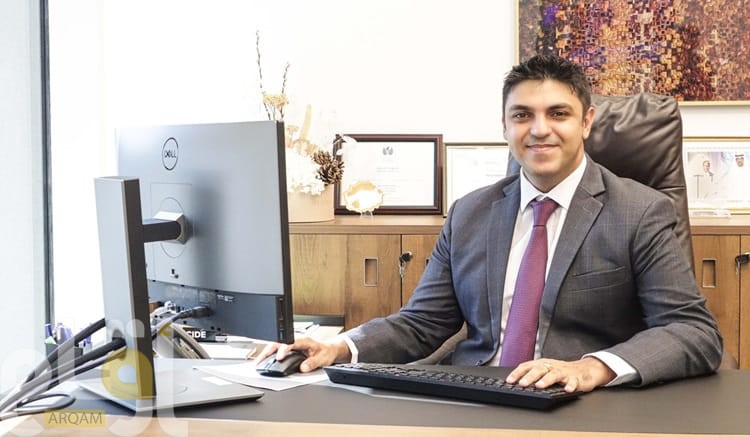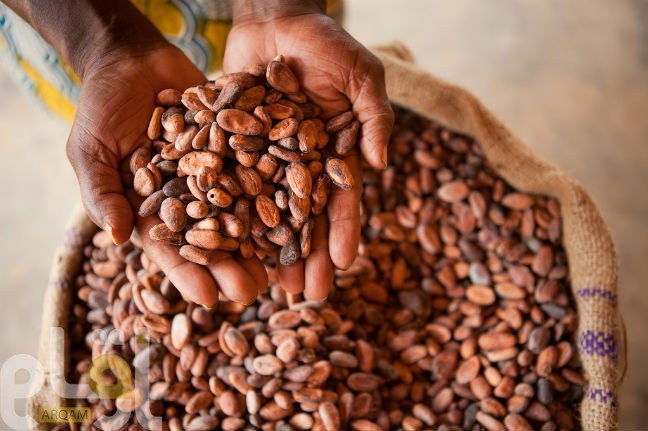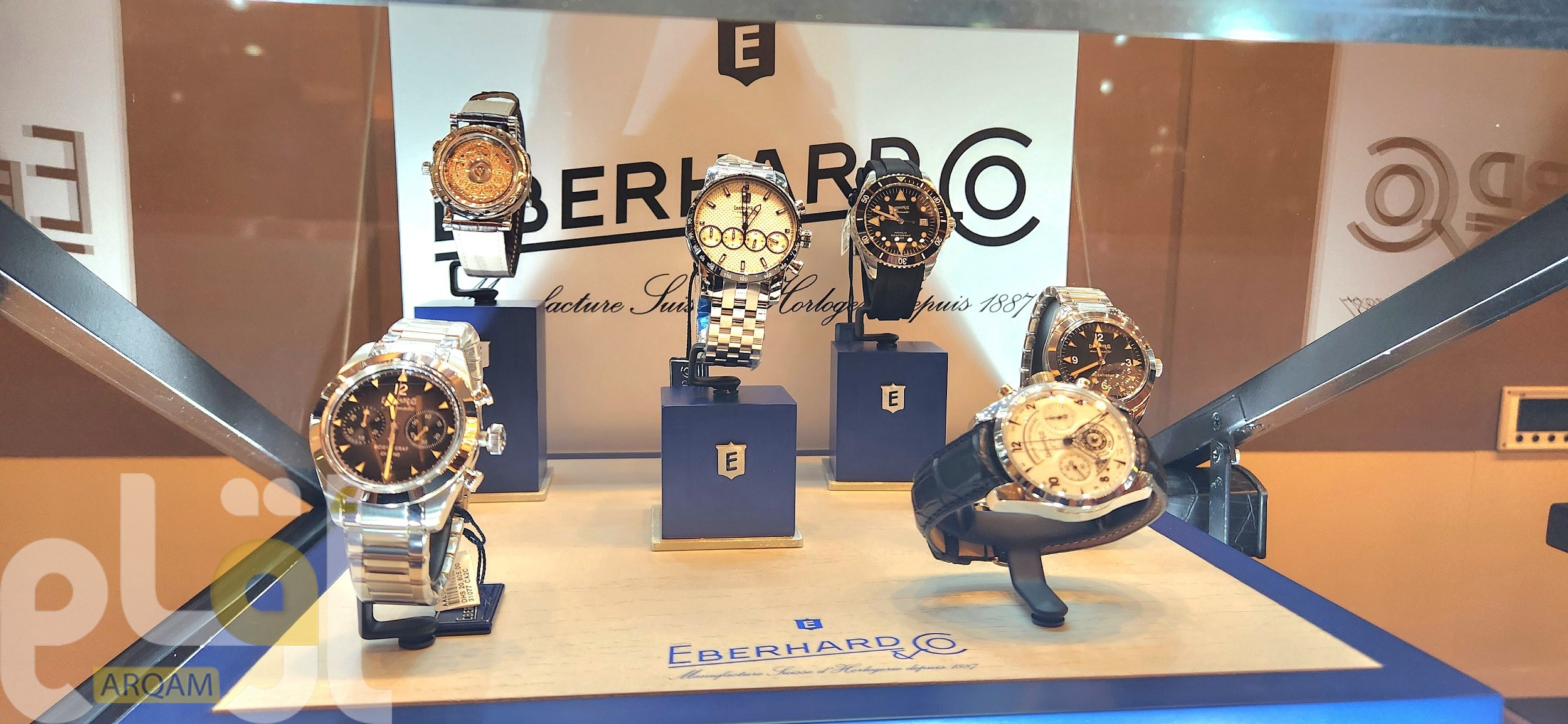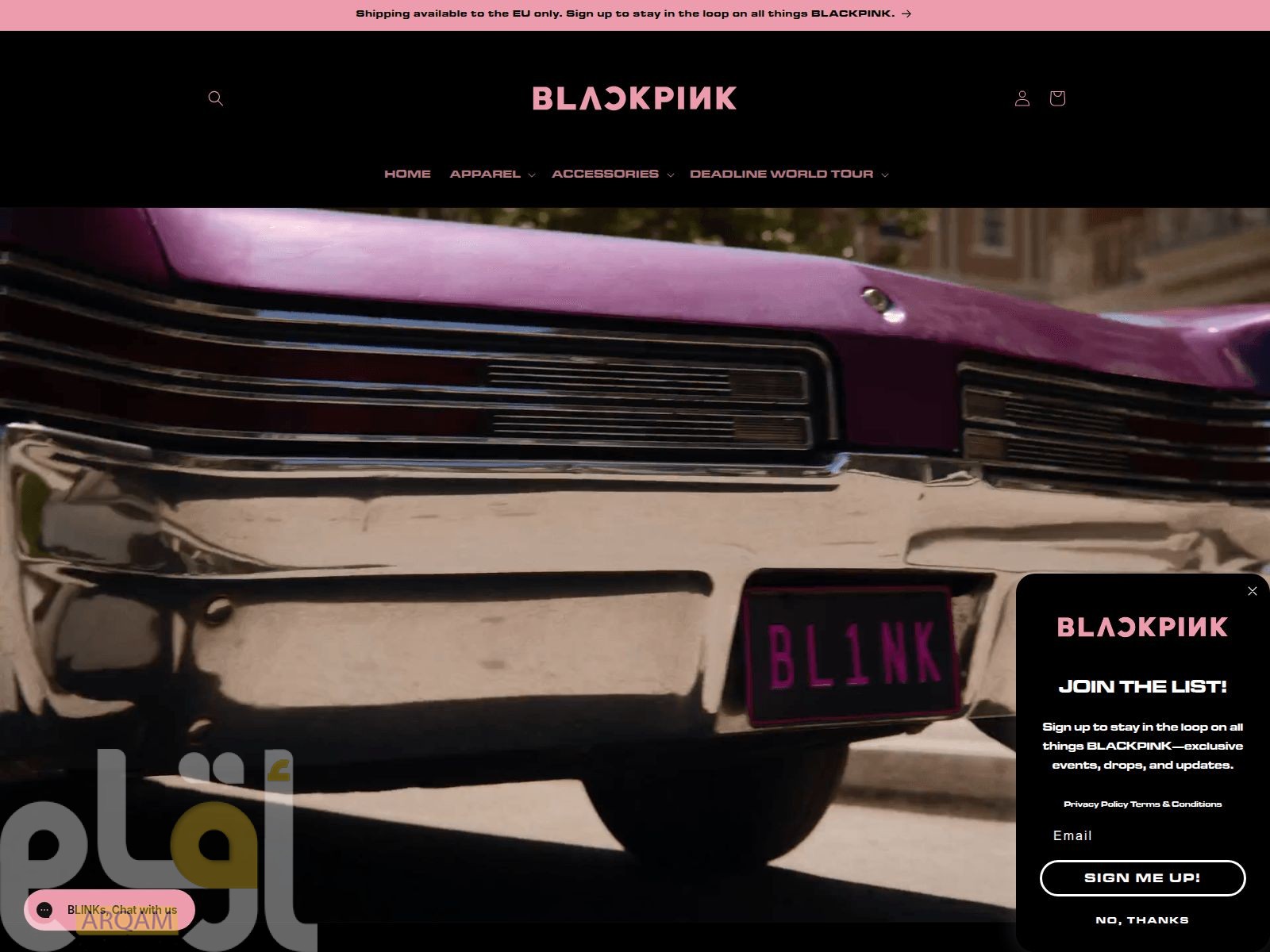As the MD of Keolis MHI, the region’s leading Rail Management company, I have had the privilege to witness first-hand how rail systems can transform not just cities, but entire regions. Across the globe, robust public transportation networks have become the backbone of modern urban development, and the GCC is no exception. With ongoing megaprojects like the Riyadh Metro, Etihad Rail and Muscat Metro, our region is setting new benchmarks in urban mobility that are shaping the future of city living.
One of the standout projects in the GCC is the Riyadh Metro Rail Project, an $18 billion investment in Saudi Arabia’s capital. This massive undertaking, with six lines spanning 176 kilometres, is not merely a means of transportation but a visionary solution that addresses urban challenges. As cities across the region continue to grow, the Riyadh Metro demonstrates how strategic rail investments can fuel economic development, enhance the quality of life, and support sustainable urbanization.
Driving Economic Growth
Rail infrastructure projects are more than just transportation solutions—they are economic catalysts. By creating efficient, interconnected transport systems, they unlock new opportunities for businesses, reduce congestion, and improve productivity. Such projects provide reliable, affordable mobility options, reducing commuting times and opening new doors for commerce, tourism, and industry.
The construction phases of these large-scale rail projects generate thousands of jobs and supporting nationalisation, while their operational phases foster employment opportunities across multiple sectors. From retail to technology, robust transportation networks help cities become more attractive to investors and entrepreneurs, paving the way for economic diversification. This economic shift supports long-term ambitions for sustainable, thriving economies across the GCC.
Enhancing Quality of Life
In addition to driving economic growth, rail systems significantly enhance the quality of life in urban areas. They provide an inclusive mode of transport, connecting people to vital services, business districts, and recreational areas while reducing the reliance on private vehicles. This helps alleviate traffic congestion, making cities more liveable and improving its air quality.
Moreover, by cutting down travel time, rail systems allow individuals more time to spend with family and engage in personal and social activities, ultimately contributing to a more balanced and fulfilling lifestyle. Environmentally, fewer cars on the road mean reduced emissions, helping cities become greener and healthier places to live. Public transportation networks also enhance social mobility, providing affordable transport options that benefit all citizens, regardless of income level.
A Strategic Vision for the Future
Rail infrastructure is becoming integral to urban development strategies throughout the GCC. As cities grow and evolve, transportation networks form the arteries through which they thrive – economically, socially, and environmentally. The future of urban transport will be defined by how well we plan and execute these projects, ensuring they meet not only current but also future demands.
Collaborative efforts, particularly public-private partnerships, are critical to the success of these initiatives. By pooling resources, expertise, and technology, such collaborations ensure the delivery of modern, sustainable transport solutions that will serve the region for decades to come.
At Keolis MHI, we are committed to supporting such visionary projects, offering our global expertise to deliver world-class transport solutions. In an era where urbanization is accelerating at an unprecedented pace, rail networks. We believe in the transformative power of rail. As urbanization accelerates, transportation networks will play an ever-increasing role in building smarter, more sustainable cities.
Rail projects offer a glimpse into a future where economic prosperity, environmental sustainability, and enhanced quality of life come together to define modern urban living. The GCC is on the cusp of that future, and we are proud to be part of the journey.


